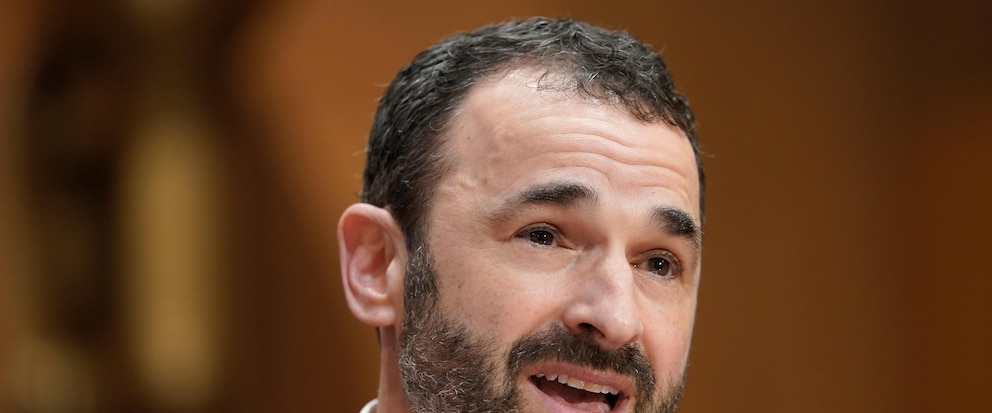The Internal Revenue Service (IRS) has recently announced its plans to ramp up efforts to collect millions of dollars in back taxes from approximately 1,600 millionaires. This move comes as part of the agency’s ongoing efforts to ensure tax compliance and close the tax gap.
The tax gap refers to the difference between the amount of taxes owed and the amount actually paid on time. It is estimated that the tax gap in the United States is around $441 billion annually, with a significant portion owed by high-income individuals. The IRS has been working diligently to reduce this gap by targeting taxpayers who have failed to pay their fair share.
The focus on collecting back taxes from millionaires is not surprising, considering the substantial amount of money involved. These individuals have significant financial resources and are expected to meet their tax obligations. By intensifying efforts to collect from this group, the IRS aims to send a strong message that tax evasion will not be tolerated, regardless of one’s wealth or social status.
To achieve this goal, the IRS plans to employ various strategies. One approach involves using advanced data analytics and artificial intelligence to identify potential non-compliant taxpayers. By analyzing vast amounts of financial data, the agency can pinpoint individuals who may have underreported their income or engaged in other forms of tax evasion.
Furthermore, the IRS will increase its enforcement activities, including audits and investigations, to ensure that millionaires pay their outstanding taxes. These efforts will involve scrutinizing tax returns, examining financial records, and conducting interviews with taxpayers and their representatives. The agency will also collaborate with other government entities and international partners to gather information and track down hidden assets.
In addition to these enforcement measures, the IRS plans to enhance its outreach and education programs for high-income individuals. By providing clear guidance on tax obligations and offering assistance in navigating complex tax laws, the agency hopes to encourage voluntary compliance and reduce the likelihood of future non-compliance.
It is important to note that the IRS’s intensified efforts to collect back taxes from millionaires are not intended to vilify or target this specific group. Rather, it is a matter of ensuring fairness and equity in the tax system. When individuals fail to pay their taxes, it places an additional burden on honest taxpayers and undermines public trust in the system.
The IRS’s actions should serve as a reminder to all taxpayers, regardless of their income level, to meet their tax obligations promptly and accurately. Failing to do so can result in severe penalties, including fines, interest charges, and even criminal prosecution.
In conclusion, the IRS’s decision to intensify efforts to collect millions of dollars in back taxes from 1,600 millionaires is a significant step towards closing the tax gap and promoting tax compliance. By leveraging advanced technology, increasing enforcement activities, and enhancing outreach programs, the agency aims to ensure that high-income individuals fulfill their tax obligations. This move sends a clear message that tax evasion will not be tolerated, regardless of one’s wealth or status.



